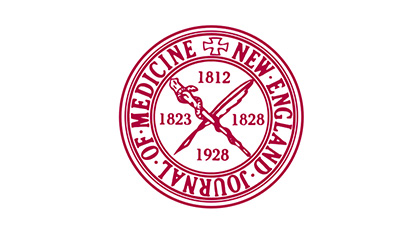
“Forty years ago, Shenkin and Warner argued that giving patients their medical records ‘would lead to more appropriate utilization of physicians and a greater ability of patients to participate in their own care.’ At that time, patients in most states could obtain their records only through litigation, but the rules gradually changed, and in 1996 the Health Insurance Portability and Accountability Act entitled virtually all patients to obtain their records on request. Today, we’re on the verge of eliminating such requests by simply providing patients online access. Thanks in part to federal financial incentives, electronic medical records are becoming the rule, accompanied increasingly by password-protected portals that offer patients laboratory, radiology, and pathology results and secure communication with their clinicians by e-mail.
One central component of the records, the notes composed by clinicians, has remained largely hidden from patients. But now OpenNotes, an initiative fueled primarily by the Robert Wood Johnson Foundation, is exploring the effects of providing access to these notes. Beginning in 2010, at Beth Israel Deaconess Medical Center (which serves urban and suburban Boston), Geisinger Health System (in rural Pennsylvania), and Harborview Medical Center (Seattle’s safety-net hospital), more than 100 primary care doctors volunteered to invite 20,000 of their patients to read their notes securely online.”
Read Jan Walker, Jon Darer, Joann Elmore, and Tom Delbanco’s full perspective piece on the NEJM website.
And read Shenkin and Warner’s NEJM Sounding Board from 1973: “Giving the Patient His Medical Record: A Proposal to Improve the System.”



